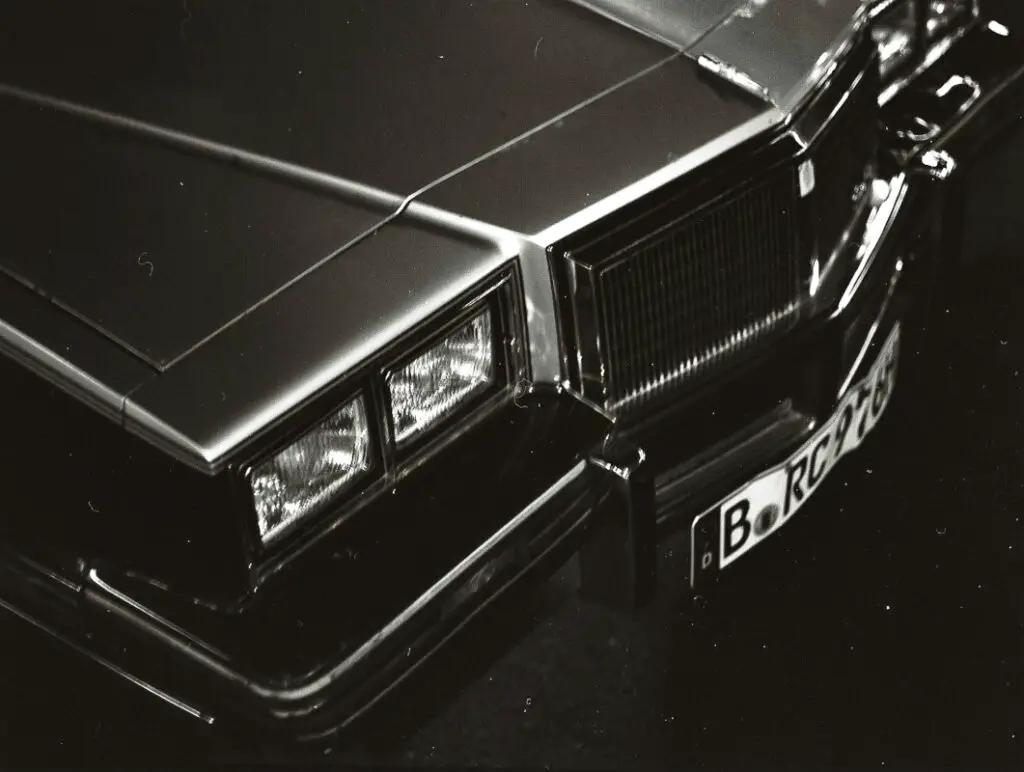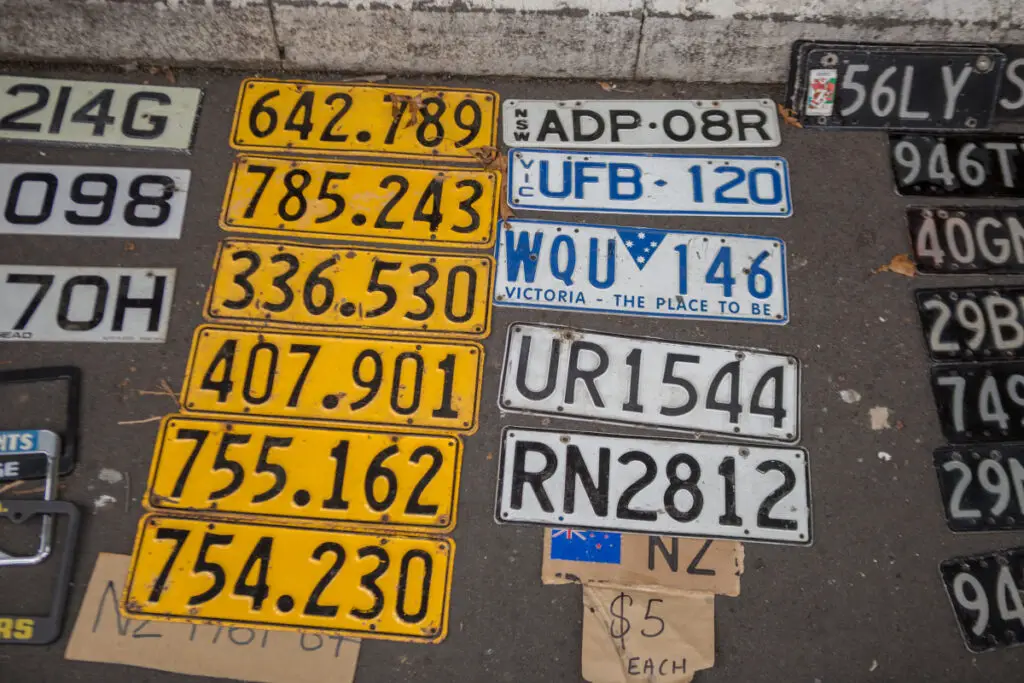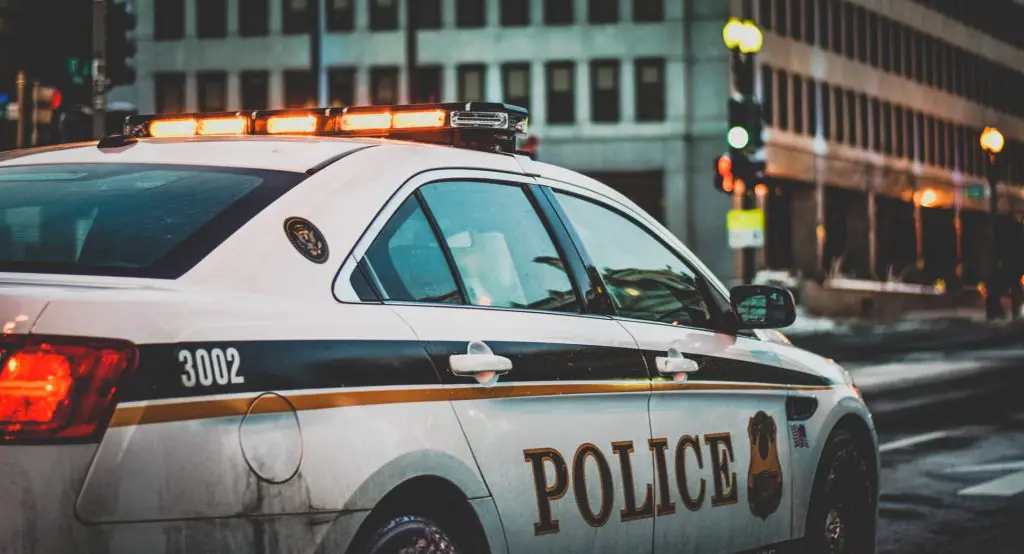License plates are an essential component of any vehicle, serving as a unique identifier that allows authorities to track and identify vehicles on the road. While personalizing your car may seem appealing, it’s important to know the legal boundaries. So is it illegal to paint your license plate? In this blog post, we’ll explore the legality of painting your license plate and why altering or covering it up is prohibited in every state.
Painting Your License Plate – Is it Legal?
Painting your license plate may seem like a harmless act of self-expression, but it is illegal in every state. License plates are designed to be easily readable from a distance, ensuring quick identification by law enforcement, security cameras, and toll booths. Altering the appearance of your license plate with paint can obstruct the numbers and letters, hindering its legibility. This act compromises the purpose of license plates and violates the law.
The Legality of Covering Up Your License Plate
Covering up your license plate, whether partially or fully, is also illegal across all states. Some individuals may resort to covering their license plates to evade traffic cameras, toll charges, or avoid detection during unlawful activities. However, this practice obstructs the identification process and makes it difficult for authorities to enforce the law effectively. Therefore, laws in all states strictly prohibit any form of license plate obstruction.

Legal Consequences
Engaging in illegal activities related to license plates can lead to severe legal consequences. Law enforcement officers and traffic cameras depend on clear visibility of license plates to enforce traffic laws, investigate accidents, and identify stolen vehicles. By altering or covering up your license plate, you obstruct these crucial functions, potentially delaying justice and endangering public safety.
Penalties for illegally altering or covering your license plate can vary by state but generally include fines, points on your driving record, and even license suspension. Additionally, these offenses may be considered misdemeanors or even felonies, depending on the severity and intent of the violation. It’s essential to understand that these penalties extend beyond monetary fines and can have long-lasting repercussions on your driving privileges.
See Also: The Rights Police Don’t Want You to Know
Legitimate Options for Personalization
While painting or covering your license plate is illegal, some states offer alternative methods to personalize your vehicle lawfully. Special license plate designs, personalized plate numbers, or custom plate frames approved by the Department of Motor Vehicles (DMV) are legitimate ways to add a touch of personalization to your vehicle. These options allow you to express your individuality without compromising the legal integrity of your license plate.
Can I Repaint Faded Numbers or Letters on my License Plate?
In some cases, license plates may experience wear and tear, resulting in peeling or fading numbers. If you find yourself with a license plate that has peeling numbers, you might wonder if it is legal to repaint them. It’s important to note that laws regarding license plates vary by state, so it’s crucial to consult your local Department of Motor Vehicles (DMV) or relevant authorities to determine the specific regulations in your area.
It’s important to keep in mind that altering license plate numbers in any way with the intent to deceive or mislead law enforcement is strictly illegal. Such actions can result in severe penalties and may be considered fraudulent or criminal offenses. Therefore, if you choose to repaint peeling numbers on your license plate, it is essential to do so within the parameters set by your local authorities and with the sole purpose of maintaining legibility.
What to Do If You Are Caught with an Altered Plate
If you find yourself caught with an altered license plate, it’s important to handle the situation responsibly. Here are some steps to follow if you are caught with an altered plate:
- Stay Calm: It’s natural to feel anxious or worried if you are confronted by law enforcement regarding an altered license plate. However, it’s crucial to remain calm and cooperative throughout the interaction. Avoid arguing or becoming confrontational, as it may escalate the situation.
- Comply with Instructions: Follow the instructions provided by the law enforcement officer. They may ask for identification, vehicle registration, and proof of insurance. Cooperate fully and provide the requested documents promptly. Resisting or refusing to comply with their instructions can lead to further legal complications.
- Be Honest and Apologetic: If the officer questions you about the altered license plate, it’s important to be honest and transparent. Admitting your mistake and expressing remorse for the violation may demonstrate your willingness to cooperate and rectify the situation.
- Seek Legal Advice: Once the incident has been resolved, consider seeking legal advice from a qualified attorney who specializes in traffic or motor vehicle law. They can provide guidance based on the specific laws in your jurisdiction and help you understand the potential consequences you may face.
- Rectify the Issue: Following the incident, take immediate steps to rectify the altered license plate. Replace the altered plate with a legally compliant one as required by your state’s regulations. By addressing the issue promptly, you demonstrate your commitment to complying with the law.
- Learn from the Experience: Use this situation as an opportunity to learn and prevent similar mistakes in the future. Familiarize yourself with the laws and regulations surrounding license plates in your state to ensure you remain in compliance. By understanding and abiding by the rules, you can avoid legal complications and maintain a law-abiding driving record.
Conclusion
When it comes to license plates, altering or covering them up with paint is illegal in every state. License plates serve a vital purpose in ensuring public safety and law enforcement. By maintaining clear visibility and legibility, license plates allow authorities to identify vehicles promptly. Therefore, it’s crucial to respect and comply with the laws surrounding license plate regulations. Remember, there are legitimate options for personalization available, so you can still showcase your style while staying within the boundaries of the law.
Image Courtesy of Scop.io



